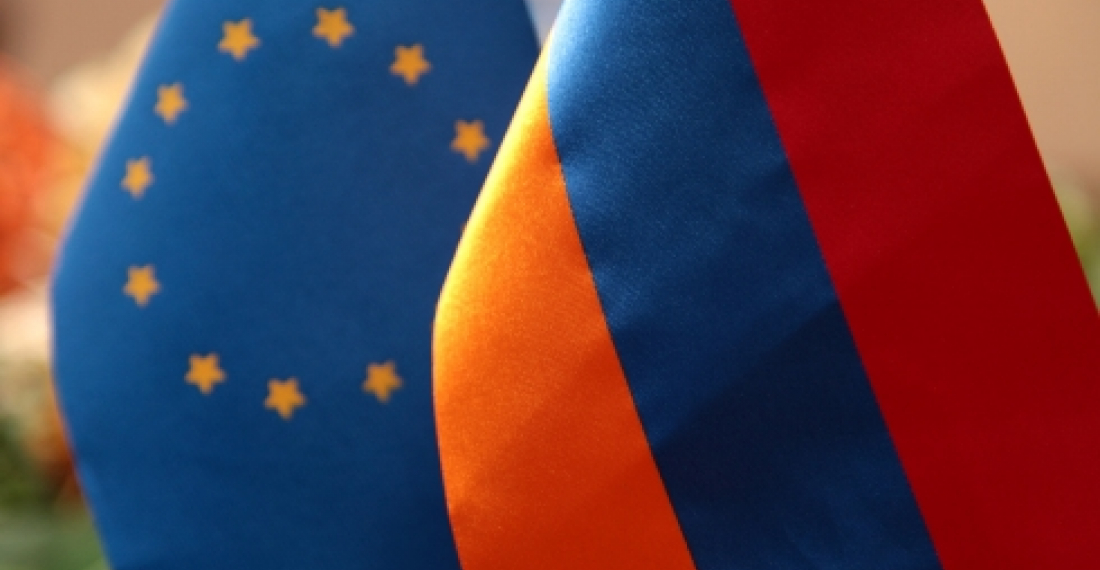Армянские дипломаты и их коллеги из Европейского Союза начали процесс определения основ, на которых можно будет выстраивать их будущие отношения после того, как Армения официально вступит в Евразийский союз под руководством России.
На пресс-конференции в пятницу посол Германии в Армении сообщил, что встреча запланирована на ноябрь.
"Переговоры будут продолжены, и формат сотрудничества между Арменией и ЕС будет уточнен. Формат взаимодействия с ЕС станет яснее после 10 октября, когда Армения вступит в Евразийский союз", сказал Райнер Морелл.
Чиновники ЕС затронут сложный вопрос взаимоотношений с Арменией после того как страна официально вступит 1 января 2015 года в Евразийский союз и присоединится к Беларуси, Казахстану и России.
Путин ратифицировал договор в пятницу (3 октября). В ближайшую пятницу (10 октября) он встретится в Минске с президентом Беларуси Лукашенко и президентом Казахстана Назарбаевым, где они обменяются ратификационными грамотами.
Вице-премьер России Игорь Шувалов заявил на прошлой неделе, что "договор, предусматривающий вступление Армении в Евразийский экономический союз уже разработан".
Ложная дихотомия?
В своей речи в Нью-Йорке 26 сентября, президент Армении отверг идею того, что Армения стоит перед бинарным выбором между ЕС и ЕЭС:
"В наши дни, когда межгосударственные границы становятся всё более прозрачными и формируются межконтинентальные единые экономические зоны, бессмысленно говорить о противоречиях различных систем и строить собственную внешнюю политику на основе этих противоречий.
“Мы стараемся разработать такие механизмы сотрудничества с нашими партнерами, которые сопоставляются, а не противостоят. Это не просто слова. Таков наш образ мышления, наша ежедневная работа, наше видение, и мы пришли к этому на основании собственного опыта”, - подчеркнул Саргсян.
Прошлым летом Армения вступила в сложные переговоры по Соглашению о глубокой и всеобъемлющей свободной торговле (DCFTA) с Европейским Союзом. Тем не менее, соглашение о свободной торговле с Россией в конечном итоге оказалось более привлекательным. Чиновники ЕС на этот раз подходят к ним очень осторожно. В Брюсселе есть мнение, что Армения уже сделала выбор и, теперь должна жить с его последствиями. Однако, ЕС по-прежнему заинтересован в хороших отношениях с этой страной, а также в продвижении принципов хорошего государтсвенного управления.
"Переговоры находятся в подготовительной стадии, и мы работаем с нашими армянскими партнерами," заявил журналистам Траян Христя, глава делегации ЕС в Армении. "Очень скоро у нас состоится двусторонняя встреча, направленная на подготовку нового пакета предложений."
источник: commonspace.eu по материалам агентств.






